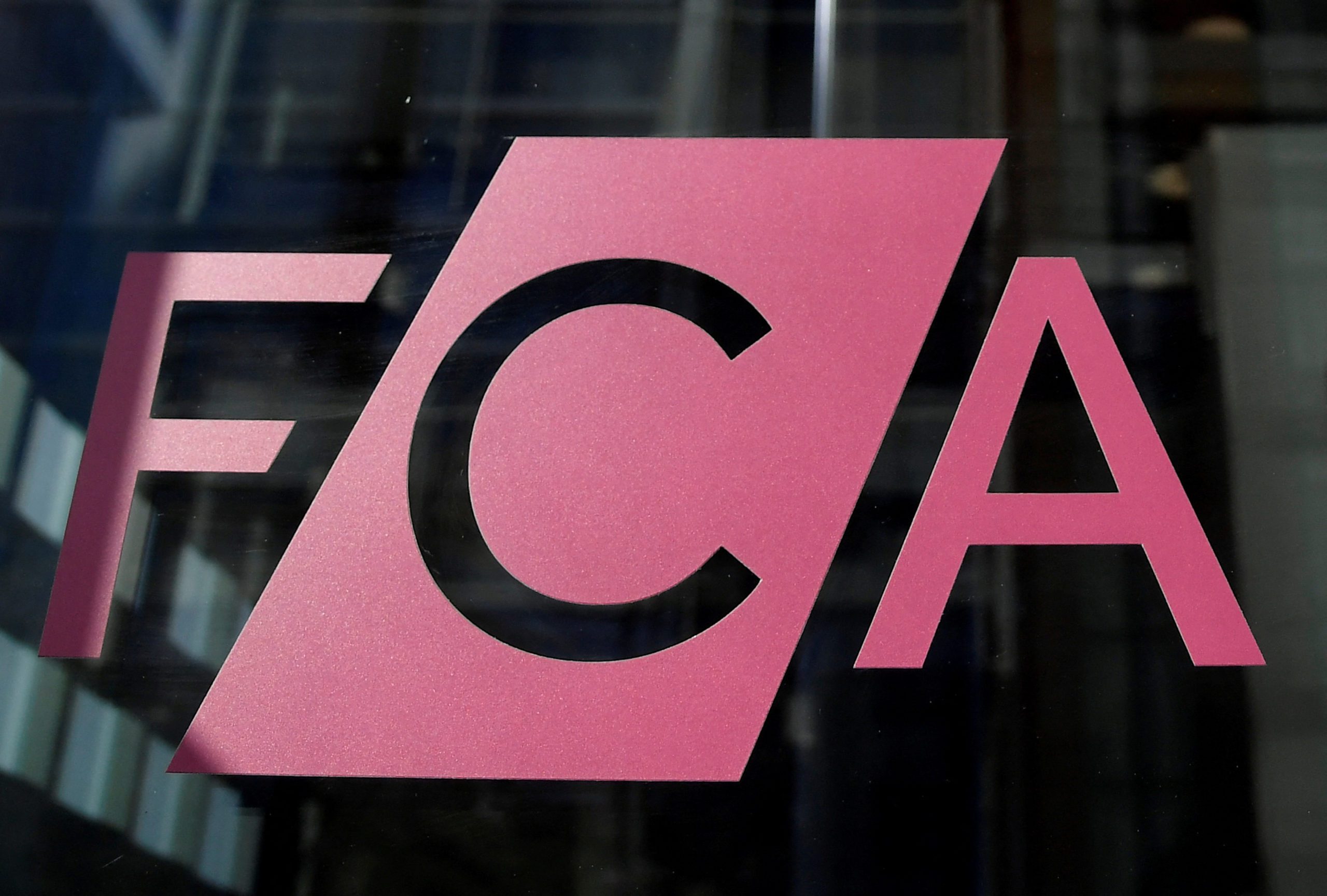
By Elizabeth Hearst for AMLi
The European Banking Authority (EBA) has today published three key tools that it believes will address current “de-risking” protocols, commonly used in compliance to mitigate money laundering risk.
Officials from the EBA have determined that financial institutions will not be required to terminate or refuse business relationships with “entire categories of customers” who may be considered to “present a higher ML/TF risk”, under EU law.
In the first of this three-pronged approach, the EBA has published its 2021 Opinion on ML/TF risks in the EU financial sector. The document was issued as part of the EBA’s “new mandate to lead, coordinate and monitor the fight against ML/TF in the financial system at EU level”.
It states that the process of “de-risking” has implications from a ML/TF perspective as well as “consumer protection and financial stability point of view”, with the document highlighting a “number of actions the competent authorities should take to understand the drivers, scale and impact of de-risking in their sectors”.
The EBA has concluded that the process of “de-risking” may prove detrimental to the financial services industry, as “customers affected by de-risking may resort to alternative payment channels in the EU or elsewhere to meet their financial needs”, and warned that “transactions may no longer be monitored”, thus “making the detection and reporting of suspicious transactions, and, ultimately, the prevention of ML/TF more difficult”.
The EBA has concluded that its current guidelines to financial providers “will require competent authorities to communicate their risk assessment and regulatory expectations in terms of the management of that risk to sectors to ensure that the risk is managed properly, instead of customers being de-risked”.
The EBA has also launched its revised ML/TF Risk Factors Guidelines that state that financial institutions are not required to refuse or terminate business relationships with “entire categories of customers” that are perceived to be a higher ML/TF risk, and have stated that “firms should carefully balance the need for financial inclusion with the need to mitigate ML/TF risk”.
The Banking Authority has launched a public consultation on amendments to its existing Guidelines on risk-based AML/CFT supervision, and has called for relevant authorities to assess and address “de-risking” practices in their ML/TF assessments.
In a statement, the EBA said it will “continue to monitor and assess the scale and impact of, as well as the reasons for, de-risking, and consider the extent to which the current legal and regulatory framework is sufficient to address the issues associated with de-risking”.
Share this on:
Follow us on:







